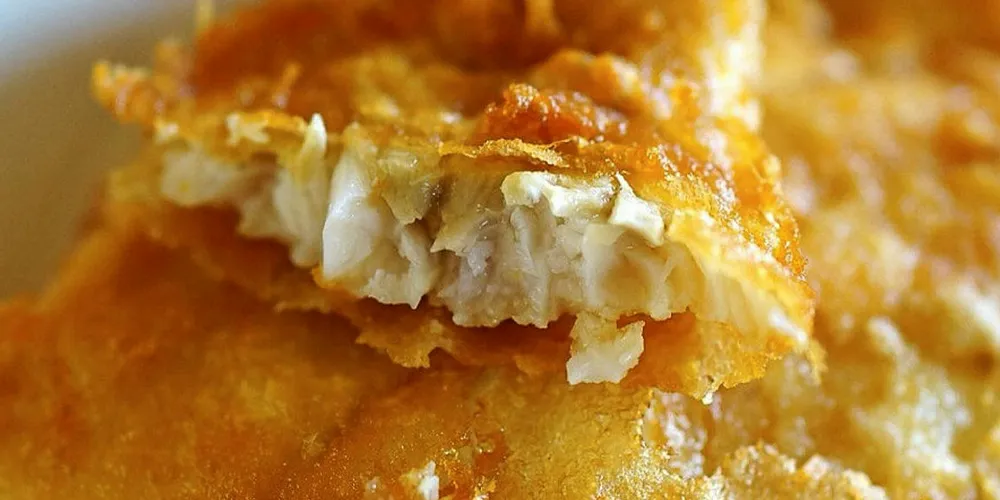UK's fish and chip shops get 'battle ready' for second coronavirus spike
Measures implemented after 80 percent of fish and chip shops were forced to close are expected to keep outlets open in the event of a new surge in coronavirus cases.

Measures implemented after 80 percent of fish and chip shops were forced to close are expected to keep outlets open in the event of a new surge in coronavirus cases.
